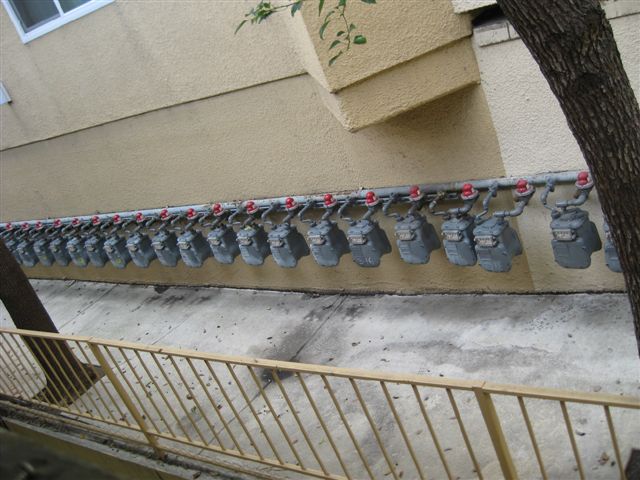Winter starts tomorrow and if gas is your preferred method of heating then read on…
Natural gas is a great resource to have in any home for ovens, cooktops and hot water heating. However leaks in a high pressure gas line can be extremely dangerous especially if they go unnoticed or are allowed to continue unchecked. The massive explosion in Bondi Junction last year is an example of how horrible a gas blast can be.
If you live in a building with multiple gas meters, it is really important to know where your gas meter is and how to turn it off. Make sure all the gas meters in your building are labelled or numbered clearly, so that in the event of an emergency, you can turn your gas off safely.

Which gas meter is mine?
Here are some pointers to detect gas leaks early so that appropriate measures can be taken to avoid major damage.
- If you suspect a gas leak, mix some bubbles using detergent with water, and cover the suspect area. If bubbles expand, you have found the leak.
- Don’t ignore a gas leak. Gas can be dangerous! Not to mention your bills will be increased.
- Disconnect your plugged-in gas heater in summer.
- When reconnecting the heater in winter and the bayonet is difficult to plug in, it is probably dusty. Dust and lubricate the connection, then try again.
- Don’t mess around with gas. If you are not sure don’t touch!
If you are not sure when it comes to a gas pipe problem, always call a licenced plumber and gasfitter.

[…] What do you know about your gas supply? « Sydney Plumbing Services […]
Good site!